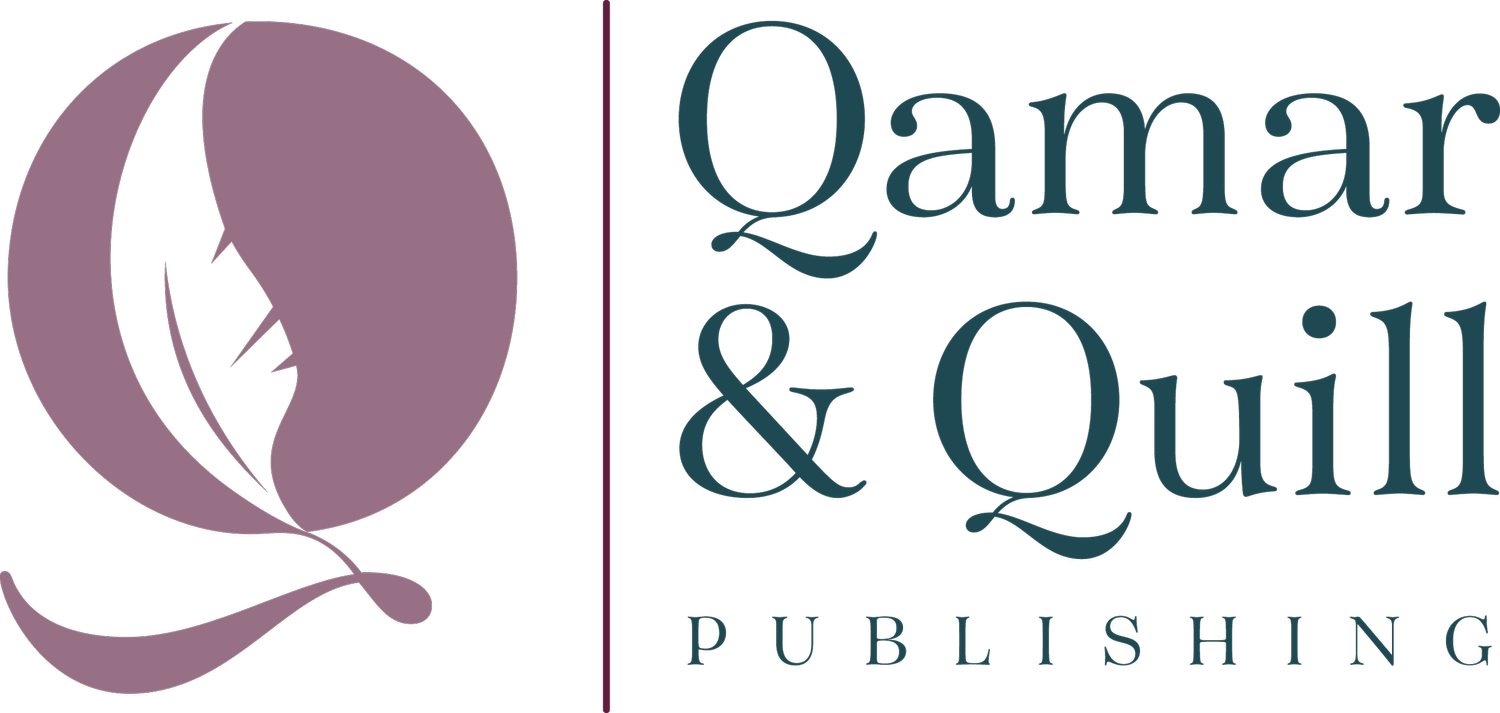Everything’s a story!
Years ago, I led a dars for the high school girls in my community. We were going over the stories of the prophets, and when I took a poll to see whose story was the favorite, there was one clear winner: Prophet Yusuf (AS).
I think Prophet Yusuf’s story is a favorite of many Muslims. Partly because it’s recounted from being to end in one surah; but also because it’s a story about patience and perseverance and triumph and reward. The young, vulnerable, special boy overcomes years and years of injustice and trials and ends up in a position of power. And in that power, he gives mercy and forgiveness to those who wronged him. It’s a beautiful story, and it has staying power in our minds.
There is so much in that story. And in every story we have, from Prophet Adam (AS) to Prophet Muhammad (SAWS). At the very beginning of Surah Yusuf, Allah says that He has given us “the best of stories.” The Qur’an is filled with stories. The life of Prophet Muhammad is one long, beautiful story. And within his story are thousands of other stories: those of the Companions who each journey on their own path of discovery to Islam.
It’s no surprise that the Qur’an is filled with stories. Human beings are creatures of narrative. We are attracted to stories, be they fictional in books, television, and movies, or real accounts of our lives that we share with one another over the dinner table or over a cup of tea.
We learn through stories, telling our kids about lying boys eaten by wolves to teach them lying has consequences. Moral education has long been taught organically through narrative. And more than that: stories are used to teach Math and Science and so many other concepts. It’s much easier to explain addition to a child by telling them Layla brought 4 apples to the park and Shams brought 6 apples and they want to figure out how many apples they have all together than saying add 4 and 6.
We connect through stories. They connect us to the world, taking addition from a theoretical concept to a real world experience. They connect us to each other, allowing us to spend some time in the space of another, and think of how things might seem in that space. How would you feel if you left everything and came running in fear of a wolf causing harm only to discover a young boy laughing at you? Would you believe him again?
How would you feel if you were thrown in a well with no way out back to your parents?
How would you feel if you were thrown in prison despite your innocence?
What would you do if you grew up and suddenly had the power to affect those who wronged you?
As children, we’re told all the stories of the prophets and the moral fables. We’re told to read a lot because it’ll make us smarter and enhance our vocabulary. We’re told reading is good for us and is a better use of our time than playing video games and watching TV.
But then we grow up, and suddenly we don’t have time to read. Schoolwork, housework, work work, parenting, managing all the responsibilities that come with being an adult—we don’t just stop reading. We forget the power of stories.
Even the best of stories.
We stop taking the time to reflect on the stories in the Qur’an. The stories of the prophets and companions. The history of our civilization.
We forget that as humans, we think in stories. Every one of us crafts a story for ourselves, builds a narrative that we fit every little encounter in.
But the stories we tell ourselves can be saved for another post. For now, it’s enough to remember: humans are made for stories. We learn, understand, think in stories. We make sense of the world through stories. We just need to make sure we remember the power of stories and tell ourselves the best ones.
